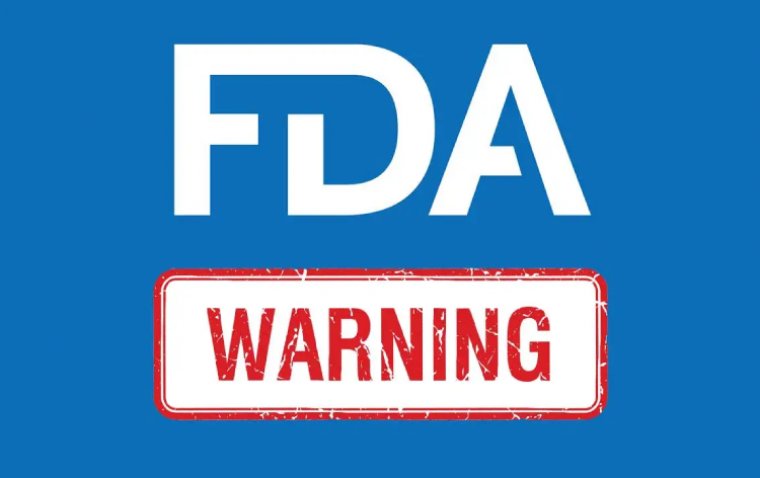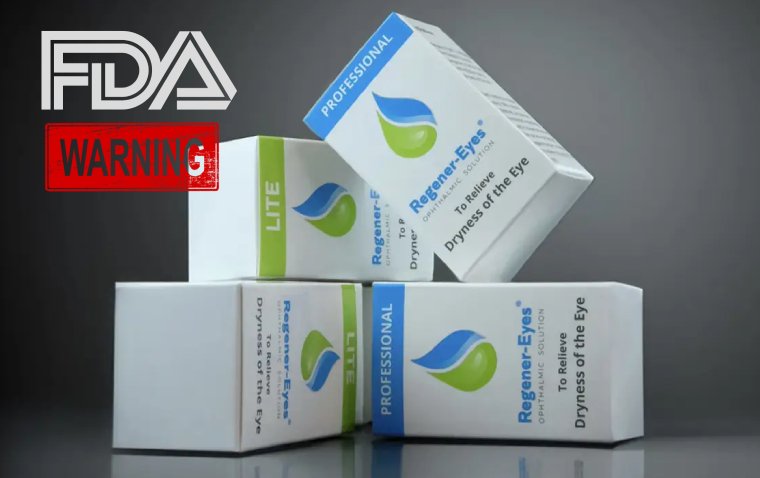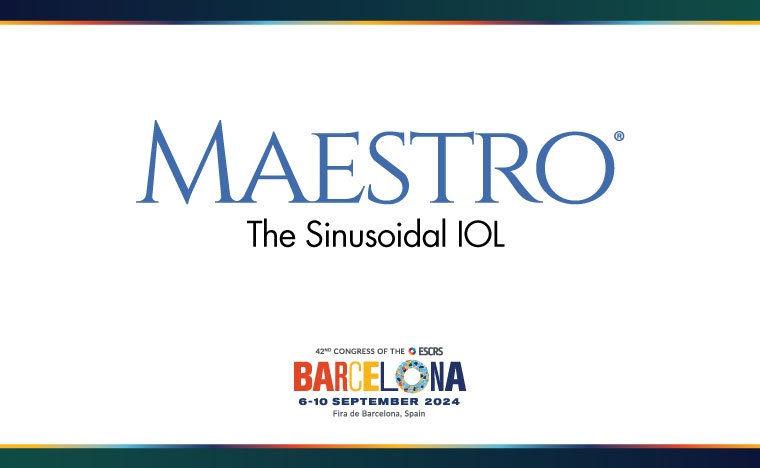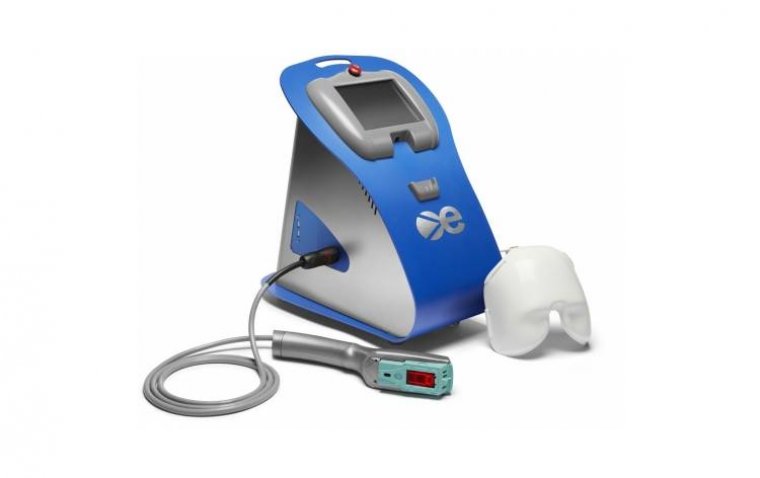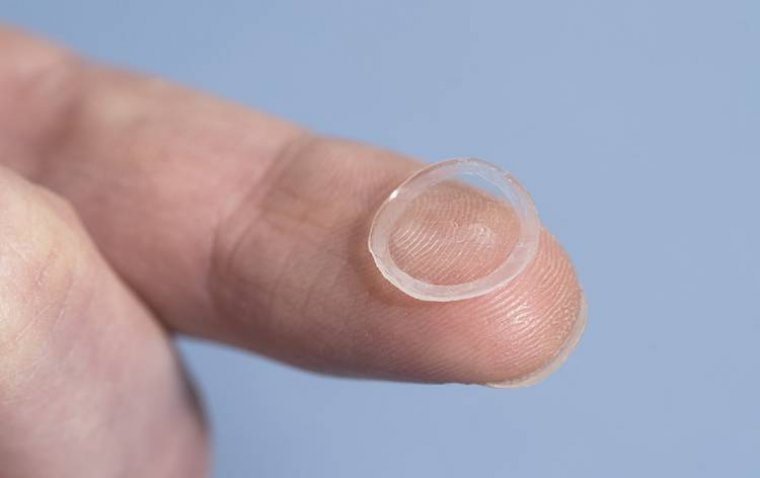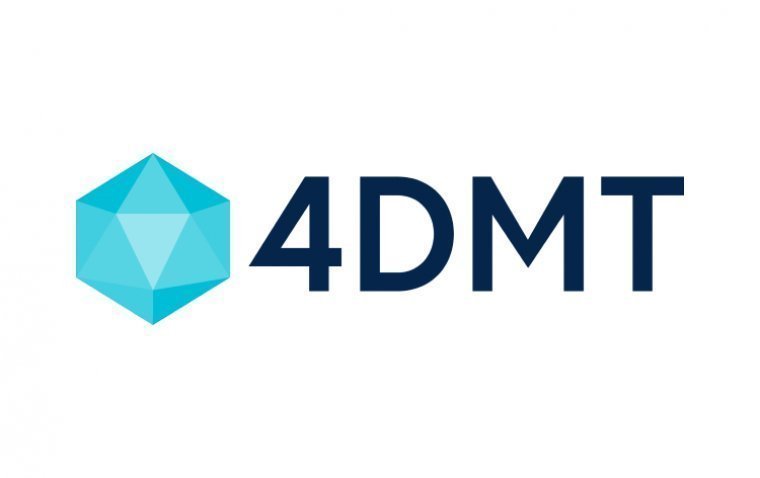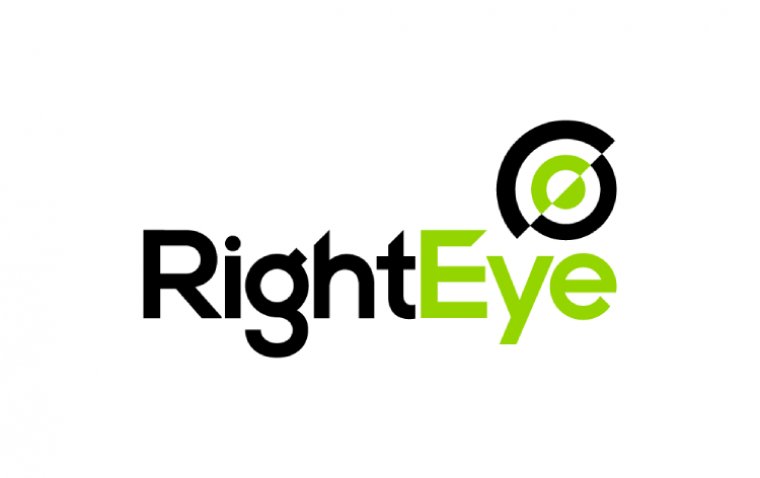
FDA Issues Warning Letter to RightEye for Misbranding and Adulteration of Its Vision System
The FDA issued a Warning Letter1 on January 31, 2023, to RightEye, LLC, the manufacturer of the RightEye Vision System, for misbranding and adulteration.
The RightEye Vision System is a Class II Nystagmograph medical device that has been cleared “recording, viewing, and analyzing eye movements in support of identifying visual tracking impairment in human subjects”2 under its 510(k) notification.
The FDA inspected RightEye, LLC from June 28 to July 8, 2022, and observed violations, which were documented on the Form FDA 483. RightEye responded on July 29, 2022, but the FDA found the responses to be inadequate. As a result, the FDA issued a Warning Letter on January 31, 2023, citing three violations: (i) misbranding due to promotion beyond its cleared indications for use, (ii) misbranding due to a failure or refusal to furnish required material and information, and (iii) adulteration due to a failure to conform with medical device good manufacturing practice (GMP) requirements. The letter was based on the FDA's findings during the inspection.
Misbranding: Promotion of Off-Label Indications
The RightEye Vision System was introduced into interstate commerce with significant modifications to its intended use, and FDA has deemed it misbranded under the FDCA. RightEye's marketing of the device suggested that it could be used to treat vision problems and analyze eye movements for various neurological disorders such as ADHD, mTBI, and Parkinson's disease, which constituted a significant change from its cleared indications for use.
FDA cited specific examples of promotional statements made by RightEye in the Warning Letter:
● “Uncover & Improve Vision Problems That Interfere With Reading and Learning”
● “One in four children has a vision problem that affects learning—a vision problem that is often misinterpreted as disinterest, sleepiness, dyslexia, or ADHD. But in just a few minutes the RightEye™ system exposes vision and brain health in ways not possible from standard eye tests, gifting you with the opportunity to change your child’s life forever.”
● “RightEye EyeQ tests help health care providers assess patients’ brain health, visual dysfunction, concussions, reading disorders, and athletic performance issues by following an evidence-based, metrics-driven methodology.”
● “Research has demonstrated that patients with Parkinson’s disease exhibit persistent ocular tremors that prevent stability during fixation. Through oculomotor testing, the RightEye Vision System is designed to identify these ocular tremors, which may not only support doctors in diagnosing of the disease but may also help detect the disease at an earlier stage since ocular tremors are often detectable well before other commonly recognized symptoms of the disease surface.”
The FDA observed that the statements made by RightEye regarding the RightEye Vision System raised safety concerns since they had the potential to interfere with or delay the traditional standard of care treatment. This was because the promotion of the device implied that it could treat a range of neurological disorders without appropriate clearance or approval from the FDA, which could prevent patients from seeking the right treatment modalities for their condition.
The FDA pointed out that the RightEye Vision System had not been evaluated to detect vision abnormalities related to ADHD, mTBI, or Parkinson’s disease, and it had not been cleared for use in assessing or diagnosing those conditions. The FDA cautioned that using the device off-label to diagnose non-indicated disorders could lead to misdiagnosis, delayed diagnosis or treatment, and serious secondary injuries.
For example, the FDA found that the off-label use of the RightEye Vision System to diagnose ADHD, mTBI, or Parkinson’s disease could lead to misdiagnosis or delayed diagnosis, potentially resulting in delayed treatment or serious secondary injuries such as a second mTBI, which could be fatal. Despite this, RightEye had not submitted any plans to address its off-label promotion of the device beyond its cleared indications for use, and FDA found no evidence that the company had implemented any corrective actions to address the issue.
Misbranding: Failure to Submit Information
The FDCA regulations require "labelers" of a device to submit specific information to FDA's Global Unique Device Identification Database for each model required to bear a Unique Device Identifier3. FDA discovered that RightEye had not submitted any required information and had not provided any plans to implement specific corrective actions related to its product labeling.
Adulteration
FDA identified multiple reasons why the RightEye Vision System4 was considered adulterated. Firstly, RightEye did not have an approved premarket approval or an investigational device exemption application for the device. Secondly, the manufacture, storage, packing, or installation of the RightEye Vision System failed to meet the good manufacturing practice (GMP) requirements.
FDA identified multiple violations5, which included:
● Failure to establish and maintain procedures to control the design of the device to ensure that specified design requirements are met. Specifically, no written design control procedures.
● Failure to establish and maintain a design history file (DHF) that contains or references the records necessary to demonstrate that the design was developed in accordance with the approved design plan and design control requirements. Specifically, the DHE for the RightEye Vision System device does not include nor reference the location of supporting design documentation.
● Failure to establish and maintain procedures for receiving, reviewing, and evaluating complaints. Specifically, the complaint handling procedures do not address that all complaints be evaluated to determine whether complaint is required to be reported or that all complaints be evaluated to determine whether an investigation is necessary.
● Failure to establish and maintain procedures to control non-conforming product. Specifically, no procedures concerning the control of nonconforming product were established.
● Failure to establish or maintain the requirements, including quality requirements, that must be met by suppliers, contractors, and consultants. Critical hardware of the device is manufactured by contracted suppliers.
FDA determined RightEye had not demonstrated any plans to implement specific corrective actions.
The Warning Letter warned that if the violations are not addressed appropriately, it could lead to severe consequences. These consequences include regulatory action such as seizure, injunction and civil monetary penalties. Non-compliance with the FDCA may also affect the award of federal contracts and the grant of Certificates to Foreign Governments. Moreover, the approval of Class III device premarket approval applications may be delayed if Quality System violations are determined by the FDA.
Reference
1. Untitled letter available here: https://www.fda.gov/inspections-compliance-enforcement-and-criminal-investigations/warning-letters/righteye-llc-643192-12202022.
2. K181771 Indications for Use available here: https://www.accessdata.fda.gov/cdrh_docs/pdf18/K181771.pdf.
3. See 21 U.S.C. § 352(t)(2), 21 U.S.C. § 360i, 21 CFR 830.
4. See 21 U.S.C. § 351(f)(1)(B).
5. See 21 CFR 820.
(1).jpg)
